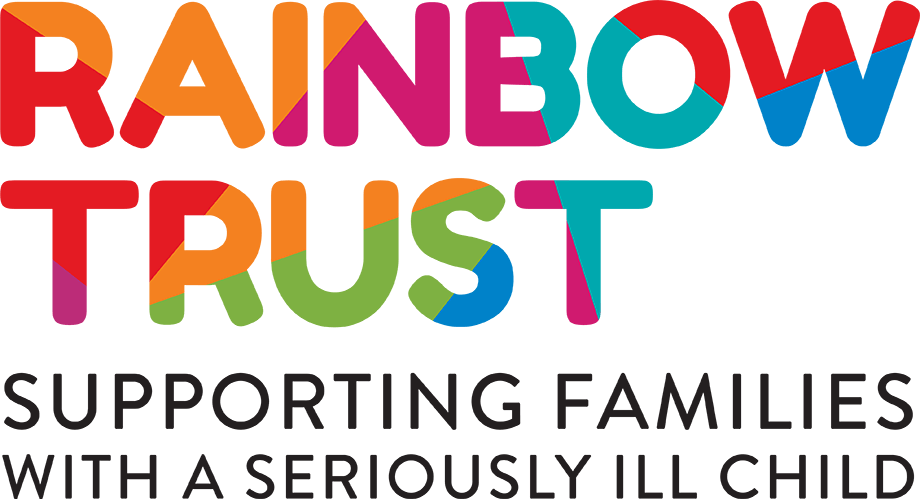Date published: 07 January 2019 by Anna Jackson
Rainbow Trust welcomes many of the new commitments announced in the new NHS Long Term Plan, but is disappointed that the importance of practical and emotional support to families is not identified.
The Long Term Plan, published today, sets out NHS priorities for the next ten years. It aims to shift the NHS to focus more on prevention and early detection of illness, with a greater proportion of funds going to GPs, mental health and community care than at present. Largely welcomed by health groups and commentators, a key question will be how the ambitions of the plan will be delivered amid significant NHS workforce shortages and a lack of clarity about wider funding for social care.
Families who access hospice care for their child are set to benefit from a new commitment which may boost funding for children’s hospices. NHS England has said it will increase its contribution to child palliative care by match-funding clinical commissioning groups (CCGs) who increase their investment in local children’s palliative and end of life care services over the next five years. However, it is unlikely that services providing practical and emotional support without clinical care, such as Rainbow Trust, will be able to access this new funding.
Zillah Bingley, CEO of Rainbow Trust Children’s Charity, said:
‘Today’s plan contains a much needed statement that child palliative care is an important NHS priority. However we are disappointed that this is still framed as largely about clinical care rather than recognising the need to join up health and social care around a family at a time of great stress and pressure.
Increased funding is to be welcomed, but it remains to be seen whether practical and emotional support around the family will receive any real term increase in funding as a result of today’s announcement.
At the same time, we urge that activity to support young carers better includes the siblings of seriously ill children, as recommended in our recent report, ‘See Us, Hear Us, Notice Us.’
Other relevant commitments for families with a seriously ill child include:
- Reducing stillbirth, maternal mortality, neonatal mortality and serious brain injury by 50% by 2025
- Plans to redesign and expand neonatal critical care services, to provide care as close to the family home as possible, more neonatal nurses, and more support for parents when a child is seriously ill, as well as improved accommodation
- Offering all children with cancer whole genome sequencing to enable more comprehensive and precise diagnosis, and access to more personalised treatments. This will reduce the use of harmful medications and interventions, support increased access to clinical trials and reduce the number of young patients who experience lifelong health problems caused by high doses of chemotherapy and radiotherapy
- A £2.3 bn boost for mental health services, with particular focus on increasing access to mental health support for children and young people
- Moving towards services which span 0-25 years rather than forcing young people to move into adult services purely based on age
- A more proactive approach to meeting the needs of young carers.
Read the full plan here.



